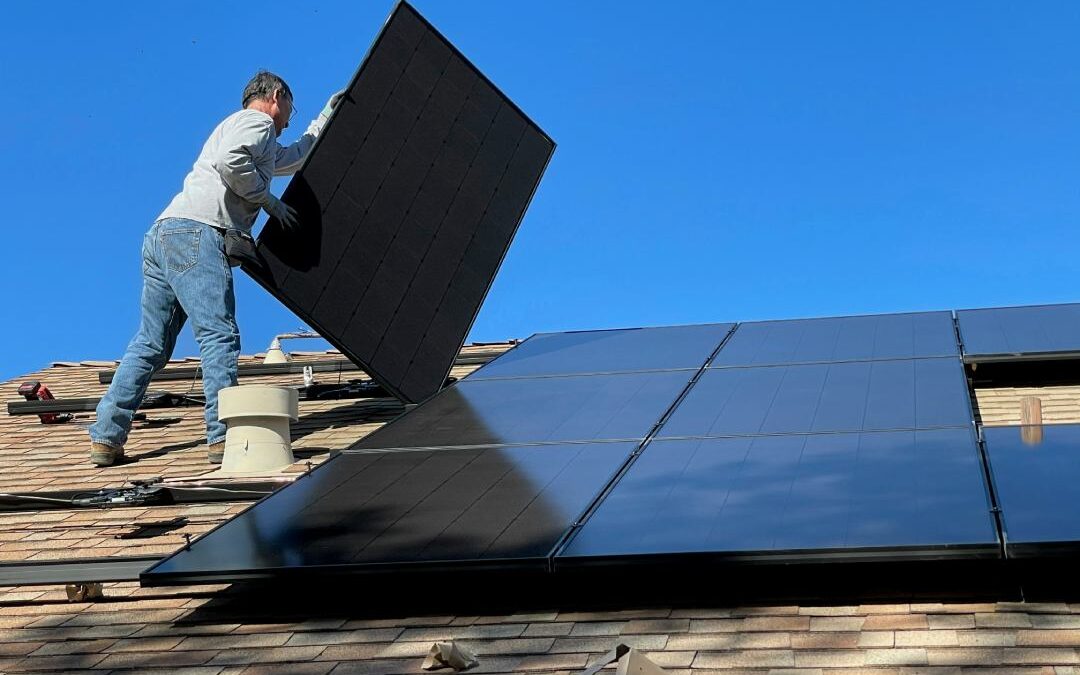Solar Industry Pushes for Extended Waiver on Transmission Charges
Currently, green power projects like solar, wind, and hybrid installations commissioned before June 30, 2025, are exempt from Inter-State Transmission System (ISTS) charges for 25 years.
The National Solar Energy Federation of India (NSEFI) is urging the government to extend a waiver on interstate transmission charges for renewable energy projects. According to the federation, this waiver is crucial for achieving India’s ambitious clean energy goals.
Currently, green power projects like solar, wind, and hybrid installations commissioned before June 30, 2025, are exempt from Inter-State Transmission System (ISTS) charges for 25 years. NSEFI requests that this waiver be extended to projects commissioned beyond this deadline.
The solar industry body anticipates a significant acceleration in renewable energy installations, targeting 80 GW of new capacity over the next three years. They believe the continued waiver is critical for achieving the national target of 500 GW of installed renewable energy capacity by 2030.
The ISTS charges waiver was first introduced in 2010 and has been amended and extended multiple times. It has also been broadened to include green hydrogen, green ammonia, and offshore wind projects alongside hydropower.
ISTS charges currently range from ₹0.80 to ₹1.20 per unit, which according to industry estimates, can translate to one-third of the solar tariff and one-fourth of the hybrid tariff. Removing this cost burden is a significant financial advantage for renewable energy projects.
Industry Concerns
NSEFI highlights several reasons for the waiver extension. They point out that factors like the COVID-19 pandemic have significantly delayed the commissioning of transmission infrastructure, impacting project timelines. The land acquisition, right of way (RoW), and permitting issues further contribute to project delays.
The industry body also emphasizes the growing importance of wind-solar hybrid projects to provide reliable renewable energy for hard-to-abate industries, which are those with significant challenges in reducing greenhouse gas emissions. These complex projects, with longer construction timelines due to their larger scale, require certainty in terms of transmission charges to remain viable, they point out.
Read More
Kerala Exempts Duty on Solar Power Generation

